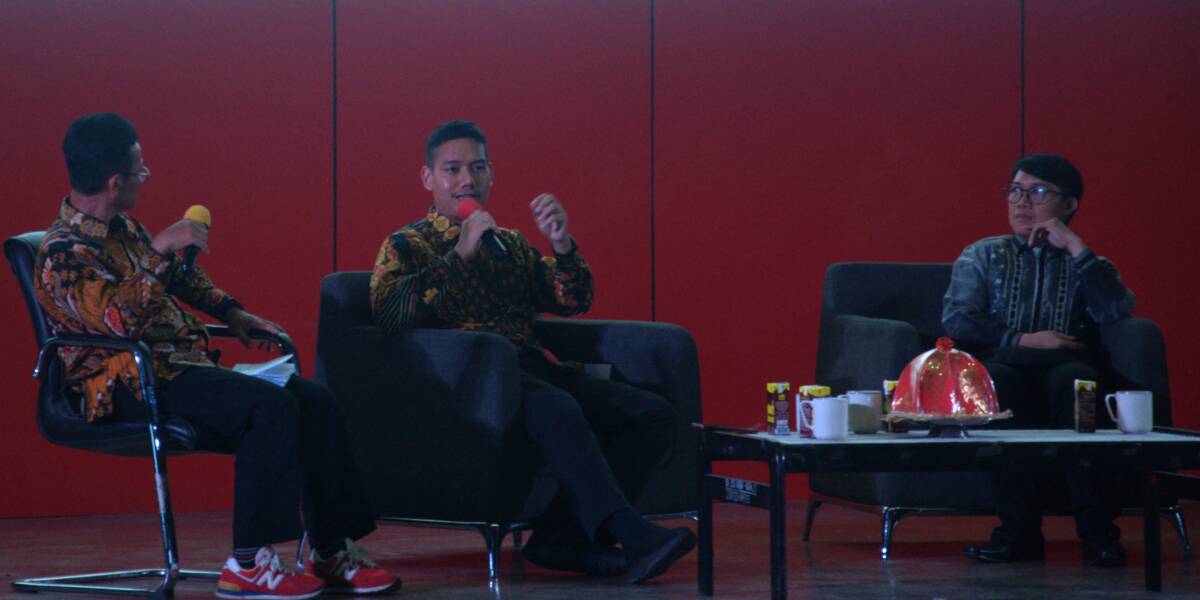Makassar, September 22, 2024 – As Indonesia is currently facing the pressing challenges of climate change, the need for innovative solutions has never been more urgent. The Society of Renewable Energy (SRE) in Sultan Hasanuddin University hosted their annual Student Innovation Competition in Climate, Energy, and Sustainability (SICLUS) with this year’s theme, “Visioning a City of the Future” (9/22/2024). Through this competition, they hope the younger generations would be able to reimagine our urban centers as sustainable, resilient, and efficient environments.
In addition to the competition, SRE in Sultan Hasanuddin University holds an Xpertise Talk, inviting experts of the sustainability sectors to share their knowledge, foster collaboration and promote youth engagement, especially students in energy transition. Youth will be the one taking the batons to continue our efforts to achieve a sustainable future, empowering them is one of the means of achieving a just energy transition.
Fadhil Ahmaq Qamar, Project Officer for Clean, Affordable and Secure Energy (CASE), Institute for Essential Services Reform (IESR), mentioned how the rapid growth of emissions have changed the transportation sector to utilize a lower-emission and energy efficient mode of transport. These changes include more active transportation (cycling or walking), electric mobility, public transport, and more fuel-efficient vehicles. However, to adopt several of these measures, Indonesia is still lacking infrastructure to support green mobility.
“Indonesia is still lacking a midstream part of the battery industry. The domestic industry for these technologies needs to be developed and expanded so that Indonesia can play a more active role, not just as a consumer. Therefore, it is expected that the current scale of the battery industry initiated by the government will need to be further expanded and cover the complete supply chain of the battery industry,” said Fadhil, quoting the Indonesia Electric Vehicle Outlook (IEVO) 2023.
Fadhil gave an example of the Agats District in Asmat Papua, where almost all motorcycles are electric due to the unreliable fuel supply for conventional vehicles. Inadequate infrastructure is the main challenge for Agats mobility, including the lack of public charging stations. Nevertheless, the people still chose electric vehicles as they can charge at home.
Furthermore, Fadhil said that the last challenge is cost. Although the initial costs are higher to utilize electric vehicles than conventional, the total cost is actually lower. One of the factors contributing to this result is the lower cost of fuel.
“The total cost of ownership over its maximum lifetime for a motorcycle is around 857 Rp/km, while the electric motorcycle is 7% lower at 794 Rp/km. The total cost of ownership over its maximum lifetime for a car is around 5060 Rp/km, while the electric car is 14% lower at 4348 Rp/km,” add Fadhil.

